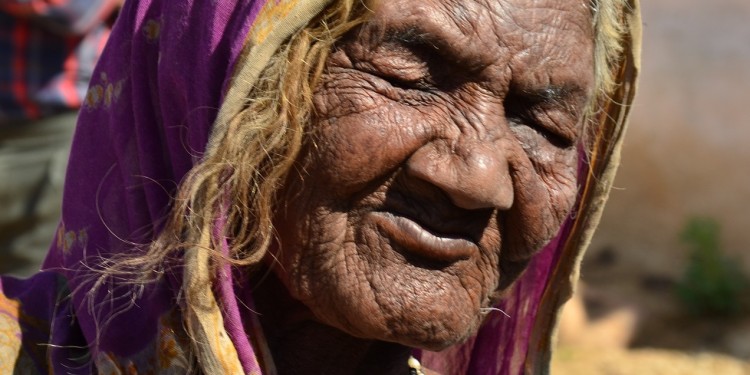From Neck to Head: Women in Households

India seems to be lagging behind in the women’s right movement, but recent actions from the government foreshadow a brighter future for Indian women.
The Karta
The Delhi high court has finally decided to allow the eldest woman in a family to be the legal head of the household, or Karta. Kartas have the responsibility of family inheritance, property management and other decisions. The decision was inspired by a woman who wanted to gain the rights she deserved, after all the males in her family had passed away. Her nephew tried to claim rights to the property and business, but she put up a fight and convinced the court to modify the law that only allowed males to be the Karta. The lawyers that advocated for the decision stated that prohibiting women from being Karta, “not only contributes to her discrimination on the ground of gender but also has led to oppression and negation of her fundamental right of equality guaranteed by the Constitution having regard to the need to render social justice to women.” The ruling was confirmed on December 22, 2015, but made public last week. This major change will not only shape society’s perception about the role of women in society, but will empower women to be independent and make decisions formerly assigned to men.
The Issue
The only issue is that Muslims are not included in this ruling, only Hindus, Buddhists, Jains and Sikhs are. All decisions have a flaw, but targeting Muslim women is extremely problematic. Muslims, approximately 14% of the population, are being discriminated against under this ruling. This is only one instance of the prejudice that keeps Muslims in India from accessing the same rights as everyone else. They face issues in obtaining jobs, starting business, and even finding homes.
Solution
Although this ruling is a great advance to women’s rights, it also demonstrates a clear flaw in the system. The same people that are fighting for Hindu women, Sikh women, and Jain women need to remove these labels. Rulings and acts should be passed that benefit all women. Shehzad Poonawala, a lawyer-activist, believes there are two ways to get rid of this discrimination faced by Muslims in India. One solution would be the incorporation of an equal-opportunity law to stop the evident profiling of citizens framed by an equal opportunity commission. The other one relates to the ongoing attempt by society to push Muslims into poor areas, while they try to include themselves in the mainstream; a fair housing law. Women of all religion and castes need to come together and fight this battle together.
[Image Attribute: Yolanda]





